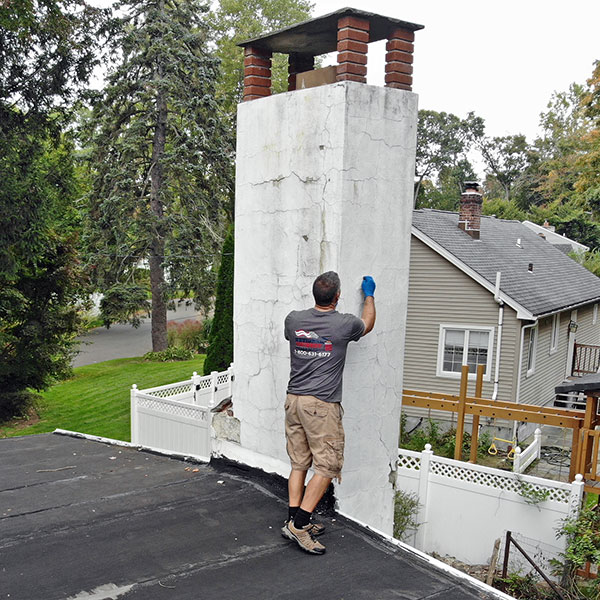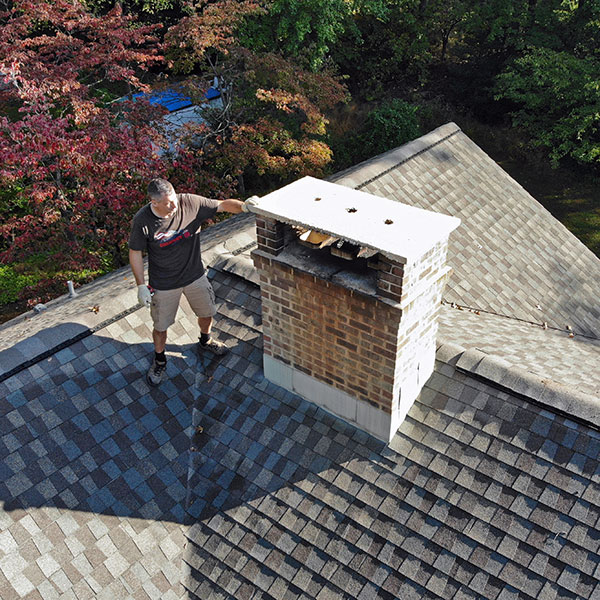What Is A Moisture Meter?
Moisture meters are essential tools in the construction industry. They measure the moisture level in different construction materials, such as wood, masonry, and concrete. Detecting the moisture content helps prevent structural damage and reduces health risks. In this post, we’ll examine what a moisture meter is, how they work, and their benefits.
What is a Moisture Meter?
A moisture meter measures the moisture content of a material. There are two types of moisture meters: pin-type and pinless-type. The pin-type moisture meter uses two metal pins inserted into the material you want to test. The pins are connected to a meter that measures the electrical resistance between the pins. The pinless-type moisture meter uses a sensor plate placed on the material’s surface to be tested. The sensor plate emits an electromagnetic signal that penetrates the material and measures the dielectric constant, which is a measure of the moisture content.
Each type has its pros and cons. For example, pin-type moisture meters are typically more accurate than pinless meters because the pins are inserted into the material. Moreover, pin-type moisture meters are more versatile, working on wood, concrete, and gypsum.
However, pin-type moisture meters can damage the material being tested because they physically put holes in the surface, which is why pinless moisture meters are preferred in specific scenarios and may be the only way to measure moisture, even if they’re not as accurate.
How Moisture Meters Work
Moisture meters work based on the principle that a material’s moisture level affects its electrical conductivity or dielectric constant. If the material is dry, it has a high electrical resistance or a low dielectric constant. If it’s wet, the opposite; this is how moisture meters measure the amount of moisture in a given material.
Moisture Meter Applications
Moisture meters have a wide range of applications in the construction industry.
In woodworking, they measure the moisture content in lumber, flooring, and cabinets. In masonry, they’re used to detect and measure moisture levels in walls, floors, and ceilings. In concrete, they measure the moisture content before installing floor coverings, like tiles, flooring, or carpets. And in roofing, they’re used to detect and measure moisture levels in the roof’s structure, which could lead to premature rot and decay.
Benefits of Using a Moisture Meter in Construction
As you can see, detecting moisture levels in construction is highly beneficial to prevent problems, which can lead to missed deadlines and expensive repairs. One of the main benefits of using moisture meters is to detect issues that could lead to a particular material’s deterioration, leading to structural damage. They also reduce health risks associated with mold growth.
Finally, moisture meters save time and money by detecting issues early in construction to prevent damage down the road and repairs or replacements.
 How to Use a Moisture Meter
How to Use a Moisture Meter
Using a moisture meter is a simple process that requires a few steps. The first step is to clean and dry the material’s surface thoroughly. Pin-type moisture meters work best for materials less than 1 inch thick, like lumber and flooring. Pinless meters work best on thicker materials, like walls and ceilings.
Once you determine which kind of meter you need, the next step is to get a reading by inserting the pins into the material or placing the sensor plate on the surface.
Lastly, get the results and compare the reading to the reference scale provided by the manufacturer.
Like many tools, price determines quality and performance. For example, moisture meter prices range from $25 to $500. The less expensive models are perfect for home use where a person may want to measure the moisture level in their firewood, and accuracy is a minor concern. However, if you’re a professional contractor, the $500 and up meters are essential, and even at that price, the money they can save you in errors and repairs is negligible.
When you need an expert general contractor, call New Horizon Construction Services. We’re licensed, bonded, and insured and located in Central Florida.
We’ve earned a reputation for excellence by exceeding clients’ expectations across a wide range of commercial and public projects, including hospitality, education, entertainment, and retail. Contact us today for an estimate by calling 407–574–2164 or filling out our online form.


 How to Use a Moisture Meter
How to Use a Moisture Meter